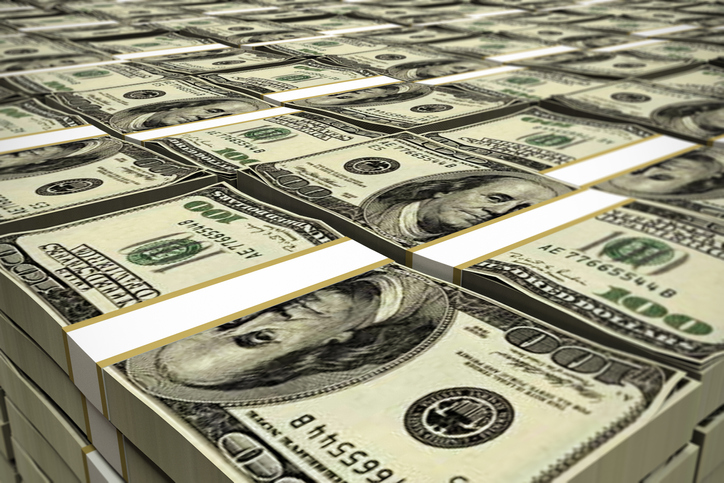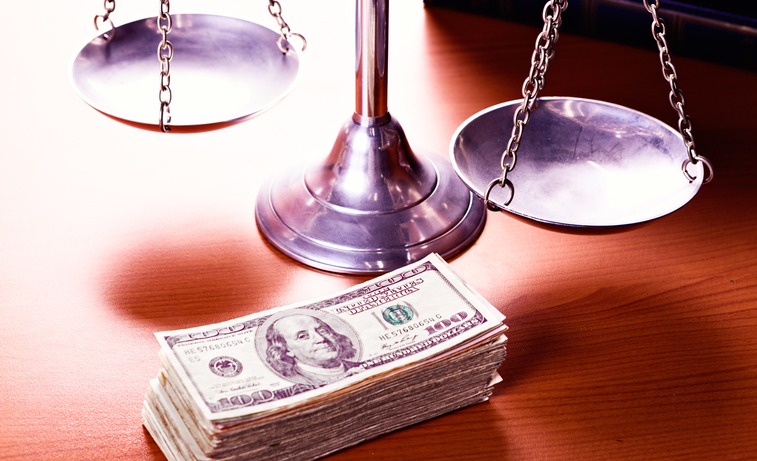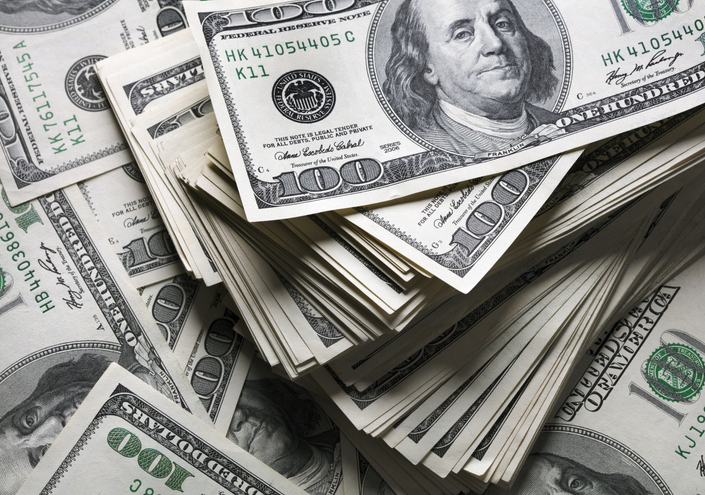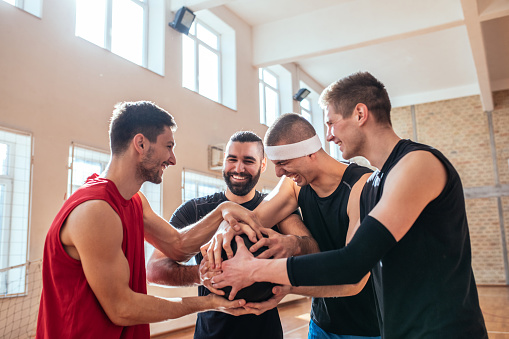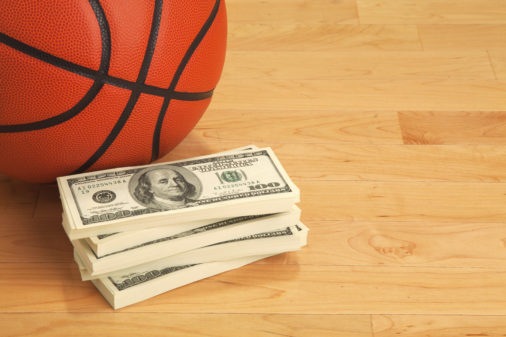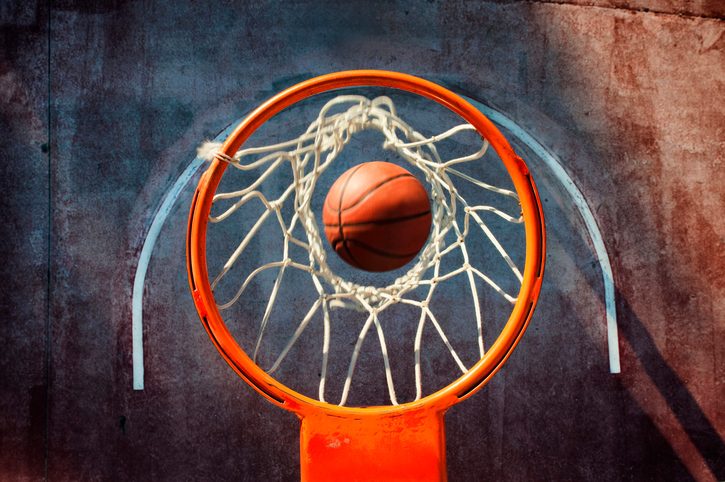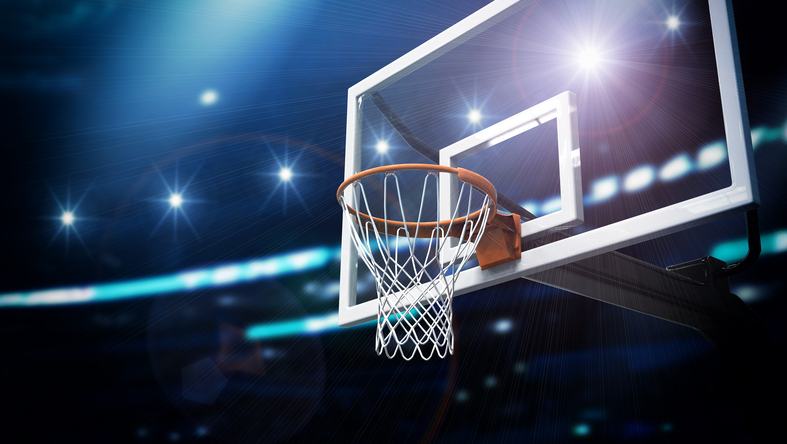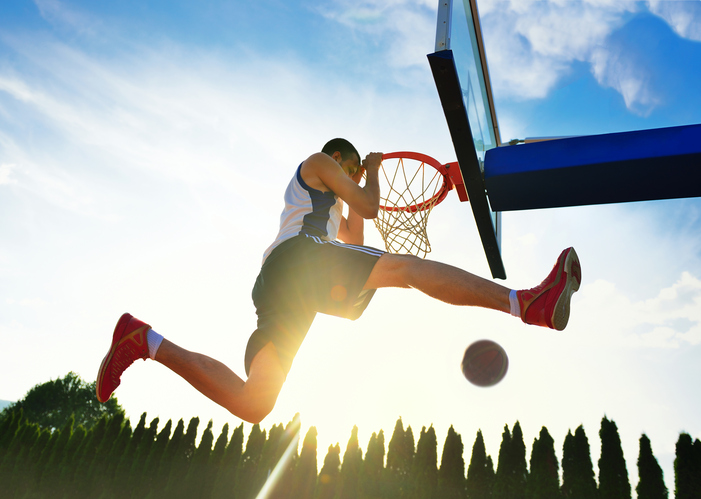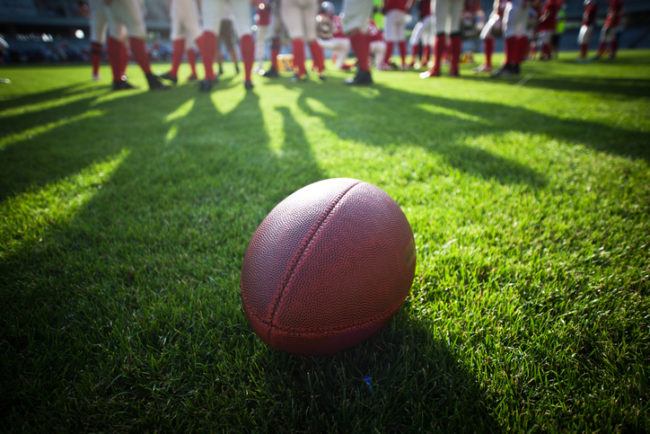NCAA President Mark Emmert stated in a panel that the NCAA’s planned reforms regarding student-athlete compensation will be limited by rulings in various antitrust cases.
After California passed a law allowing for student-athlete compensation and many states looked to follow, the NCAA announced in a statement that it would allow student-athletes to benefit off their name, image, and likeness. The NCAA stressed that any changes would have to be consistent with the collegiate model.
In addition to new laws and proposed legislation, the NCAA …
Continue Reading
